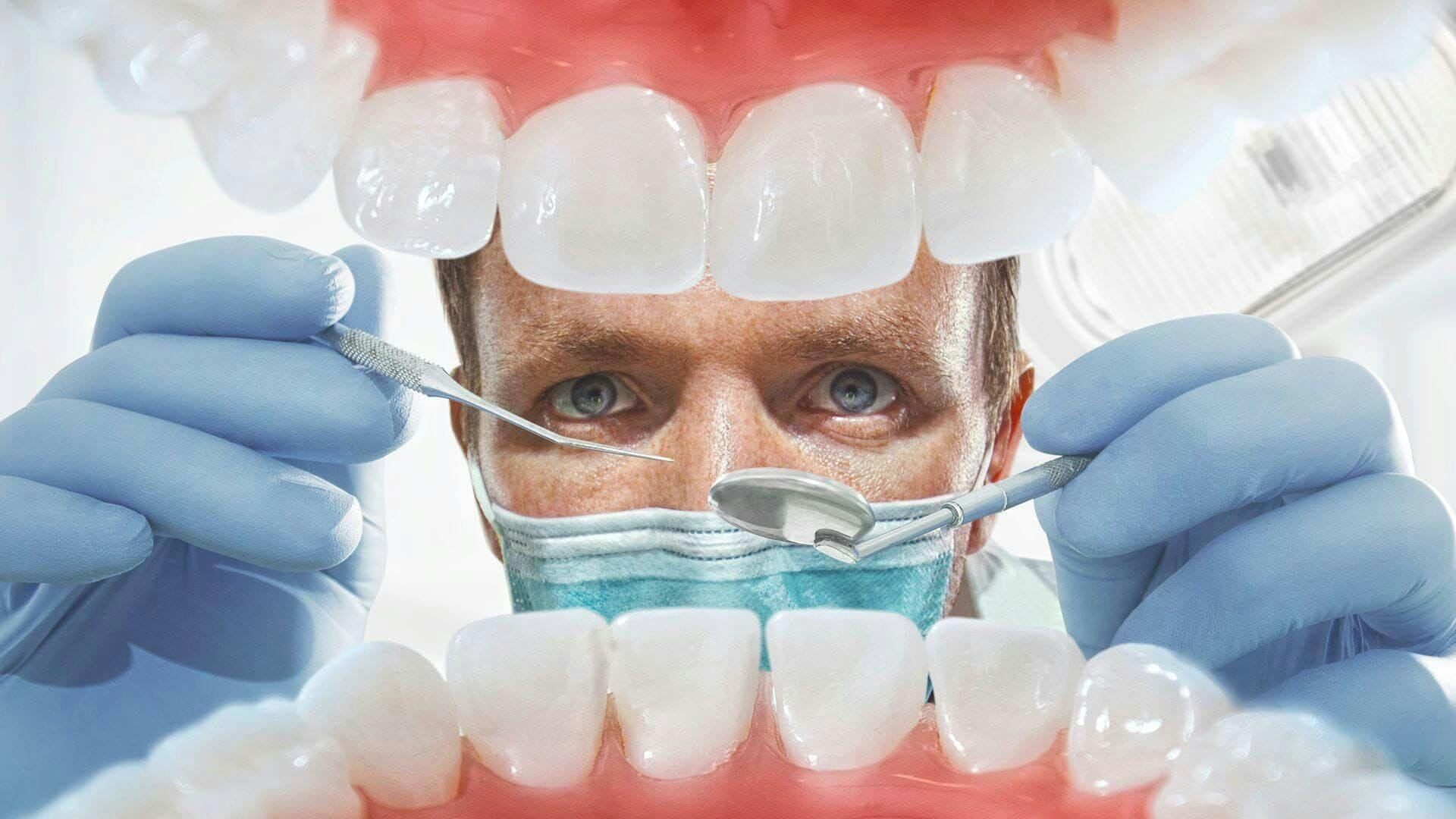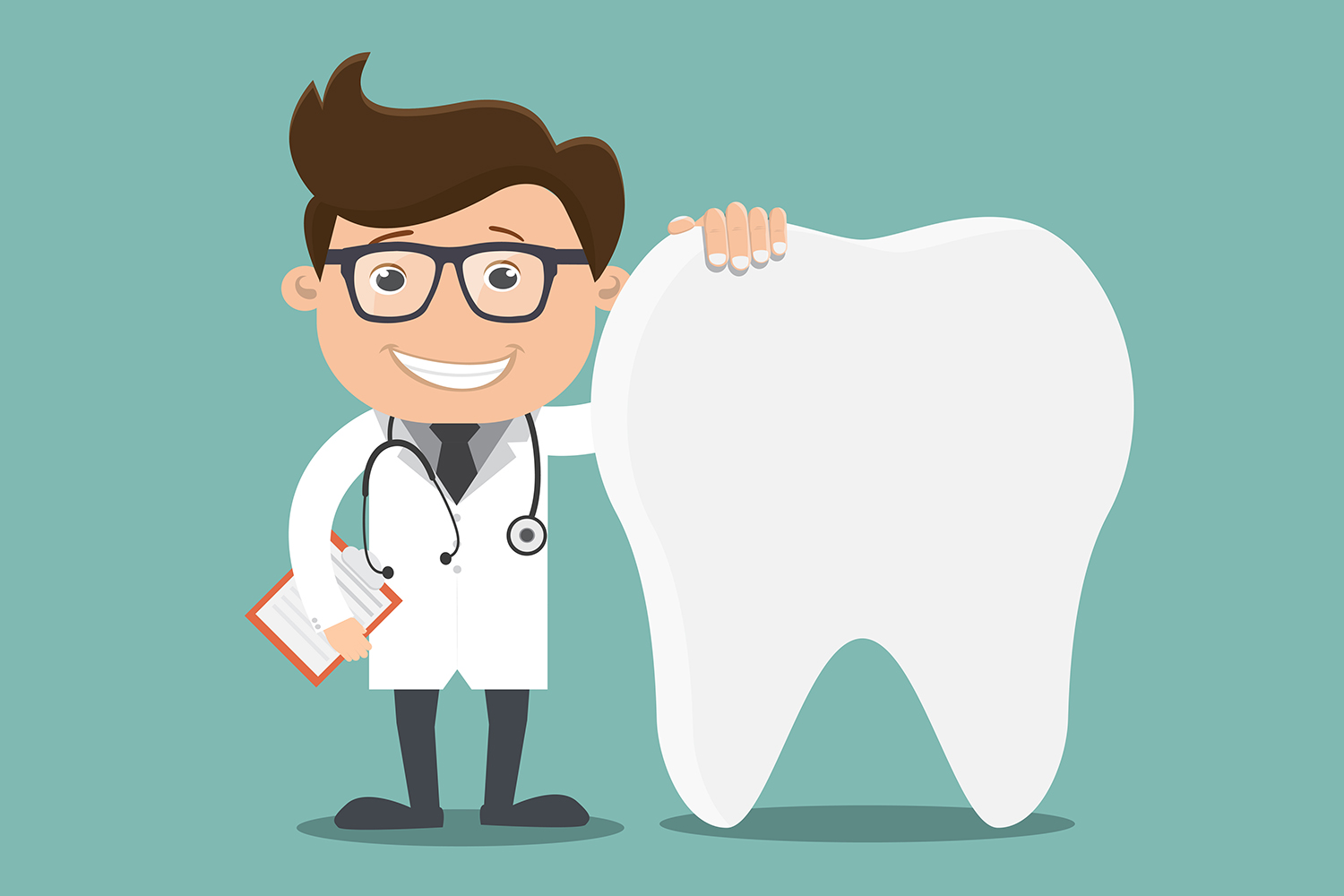Change Your Smile with Porcelain Veneers Washington DC for a Radiant Appearance
Change Your Smile with Porcelain Veneers Washington DC for a Radiant Appearance
Blog Article
Common Inquiries Regarding Dental Veneers Addressed
Oral veneers have actually become an increasingly desired alternative for those aiming to enhance their smiles, yet many individuals continue to be unclear about various aspects of their use. Secret concerns frequently occur pertaining to the application procedure, long life, and potential dangers related to these aesthetic enhancements. The difference between porcelain and composite veneers can significantly affect one's selection. As we explore these usual queries, it ends up being important to think about not only the benefits however also the implications of selecting oral veneers in quest of a more certain appearance. What variables should one evaluate before making such a choice?
What Are Oral Veneers?
Oral veneers are thin, custom-made shells crafted from porcelain or composite material that are designed to cover the front surface area of teeth. These oral prosthetics offer both visual and functional objectives, supplying a solution for different dental imperfections, consisting of discoloration, chips, gaps, and misalignment. By adhering to the teeth, veneers can considerably boost the total look of a smile, producing an extra eye-catching and uniform look.
Porcelain veneers are specifically favored for their all-natural translucency and discolor resistance, making them a perfect selection for people seeking durable results. On the other hand, composite resin veneers are usually much less pricey and can be applied in a single check out, however they might not supply the very same durability as porcelain alternatives.
The decision to go with oral veneers frequently originates from a need for visual improvement, however clients must additionally consider aspects such as the long life of the material, maintenance requirements, and the potential demand for tooth reduction (Porcelain Veneers Washington DC). Ultimately, dental veneers represent a effective and flexible remedy for attaining a radiant smile, accommodating individual aesthetic requirements while advertising self-confidence and self-confidence
Exactly How Are Veneers Applied?
The application process for veneers requires mindful preparation and precision to guarantee optimal results. The treatment usually begins with an extensive assessment, where the dental expert examines the person's dental health and wellness, discusses wanted results, and identifies the suitable sort of veneers, whether porcelain or composite resin.
When the therapy plan is established, the dentist prepares the teeth by eliminating a slim layer of enamel, normally concerning 0.5 mm to 1 mm, to fit the veneer. This action is important as it makes sure a correct fit and stops the veneers from appearing large - Veneers. After preparation, impacts of the teeth are taken to produce custom-made veneers that match the person's distinct oral structure and visual preferences
While the irreversible veneers are being made in an oral research laboratory, short-term veneers might be placed to secure the prepared teeth. As soon as the irreversible veneers are all set, the dental practitioner will meticulously bond them to the teeth using a strong oral adhesive.
What Are the Advantages?

Moreover, veneers are understood for their resilience and resistance to staining contrasted to natural teeth. Made from high-grade materials such as porcelain or composite resin, they can keep their look for several years with appropriate treatment. This long life makes them a sensible financial investment in one's dental appearance.
Along with visual enhancements, veneers can additionally contribute to enhanced oral health. By covering damaged or weakened teeth, they can supply added support and protection, aiding to stop more degeneration or damage. This protective element can lower the requirement for a lot more extensive oral procedures in the future.

The Length Of Time Do They Last?
With correct treatment and maintenance, dental veneers can last anywhere from 10 to 15 years, making them a long-lasting option for boosting one's smile. The durability of veneers greatly depends on the product used, the top quality of the first positioning, and the individual's adherence to oral hygiene practices.
Porcelain veneers are understood for their sturdiness and resistance to staining, normally lasting closer to the 15-year mark when looked after appropriately. Composite veneers, while much more affordable, might call for replacement faster, often within 5 to one decade because of their susceptibility to put on and staining.

Additionally, wearing a mouthguard during sports or nighttime can offer extra defense. Inevitably, while veneers use a considerable visual enhancement, their durability is substantially influenced by the dedication to appropriate oral care and routine appointments with a dental professional.
Exist Any Risks?
Thinking about the transformative effects of oral veneers, it is necessary to recognize the prospective risks linked with their application. While veneers can improve the appearance of teeth, the procedure involves the removal of a thin layer of enamel, which can enhance tooth sensitivity and susceptability to decay.
One significant threat is the possibility of improper placement or fitting, bring click to find out more about discomfort, bite imbalance, and even damages to the underlying tooth framework. In addition, if the veneers are not kept correctly, they can come to be stained or cracked gradually, requiring substitute.
People might also experience allergies to the products used in the veneers, especially if they have sensitivities to certain dental compounds. While veneers are resilient, they are not unbreakable; excessive force from grinding or clinching can lead to cracks.
It is necessary for people to speak with a certified dental expert to evaluate their private dangers and to comply with aftercare guidelines vigilantly. By recognizing these dangers, clients can make educated choices concerning their dental veneer treatment and make certain the long life and success of their enhancements.
Conclusion
In recap, dental veneers stand for a valuable cosmetic service for enhancing smiles, with considerations regarding their application, advantages, durability, and associated risks. Their performance is influenced by factors such as the selection of product, with porcelain offering premium durability contrasted to composite choices. Appropriate treatment and upkeep are necessary to maximize the life expectancy of veneers. Ultimately, notified decision-making concerning dental veneers find out this here can cause adequate aesthetic end results and boosted dental wellness.
Oral veneers are slim, customized shells crafted from porcelain or composite material that are developed to cover the front surface area of teeth. After prep work, impacts of the teeth are Your Domain Name taken to create custom veneers that match the client's one-of-a-kind oral framework and visual preferences.
While the irreversible veneers are being made in an oral laboratory, momentary veneers might be placed to secure the prepared teeth. Once the permanent veneers are prepared, the dentist will carefully bond them to the teeth utilizing a strong oral adhesive. Ultimately, educated decision-making pertaining to oral veneers can lead to sufficient visual results and improved dental health and wellness.
Report this page